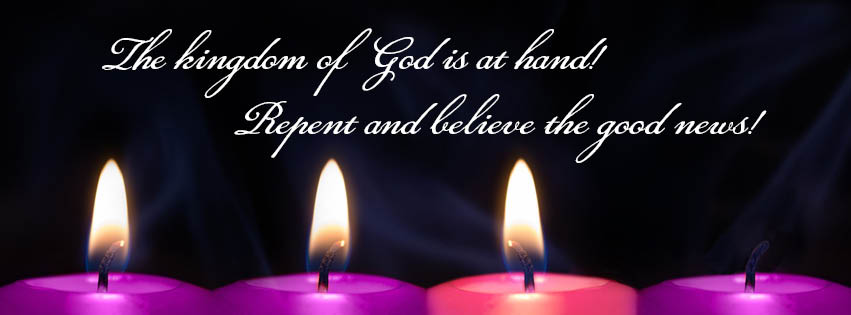By Sister Elise Saggau

In our preparations for Christmas, the Church brings forcefully to us the voices of the prophets. What is a prophet anyhow? Gerard Sloyan tells us: “A prophet is a person who has insight into the future course of human events based on careful observation of the present, and has the courage to tell what he sees.” Such voices are usually not welcomed. Some contemporary prophets are the French oceanographer, Jacques-Yves Cousteau, who predicted that the oceans of the world would die in thirty years if we kept dumping waste into them. Or Professor Paul Ehrlich of Stanford who made similar prophecies based on the inadequacy of the world’s food supply to feed a rapidly growing population. These men are not actually predicting the future. They are announcing that if things keep going the way they’re going the results are going to be catastrophic. We need to change NOW! It is not too late. The future can be altered by what we do now.
But prophetic voices are not always warning about catastrophes. A prophet can be inspired to tell us something about God, to say something about God’s future as well as ours. Patrick Ryan, SJ, says, “Most of us think God has only a past . . . In Advent we are called to look forward to God’s future and our future with God.” And we also know that God is the one that saves and always does save.
This does not mean that God will prevent disasters from happening, but that God will never fail to see us through. At the other end of the darkness there will always be a light no matter how profoundly dark things seem to us now. God’s promise points us directly to the life, death, and resurrection of Jesus. It assures us that on the other side of suffering and loss there will always be new life and freedom and that God will be with us every step of the way.
Advent reminds us that ultimately we are not in charge of our world, of our communities, of our own personal lives, and certainly not of our future. There is a level at which we need to see how much we depend on someone greater than ourselves, a point at which we need to remember who we are and who God is. God’s freedom is a mysterious reality that always is beyond us. We are profoundly moved by it when we think how we ourselves were chosen by a God who is perfectly free and did not need to choose us, to create us, to create anything at all. We understand that this free God did not need to make any kind of promises to us. And yet we believe that a loving Creator did just that—and then came among us in the flesh, our own flesh, to assure us of this reality. This is the very message of Christmas.

